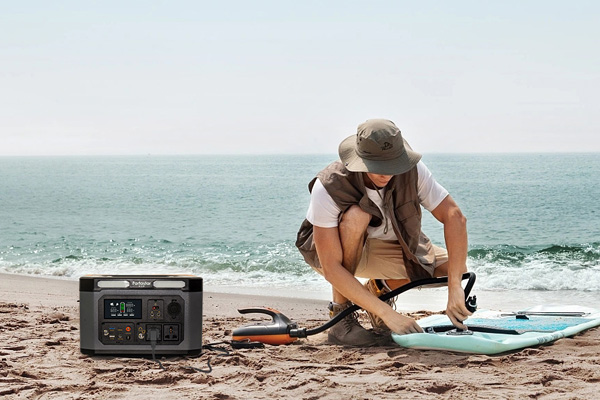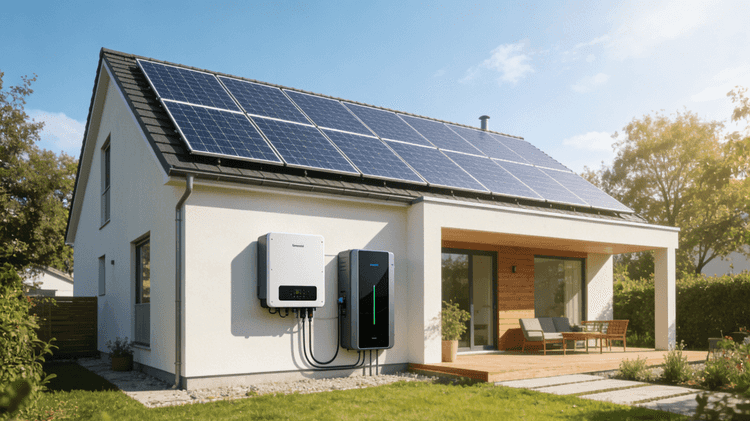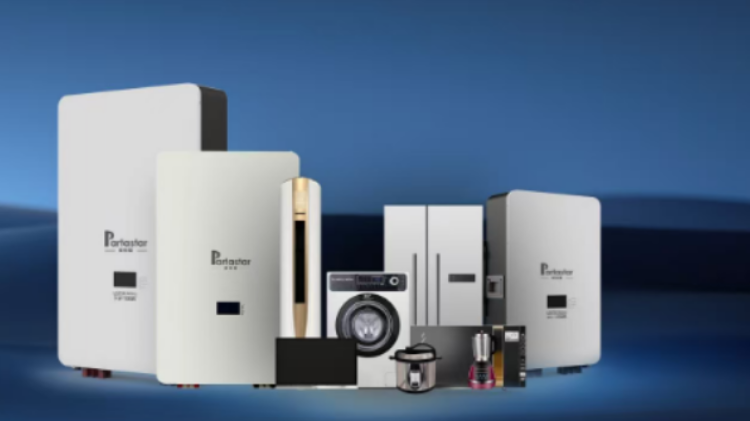A battery-powered generator is a convenient and eco-friendly alternative to traditional gas-powered generators. They are quiet, emit no fumes, and can be used both indoors and outdoors. However, one common question that arises is whether a battery-powered generator can run a refrigerator. In this article, we will explore the answer to this question and provide some tips on how to use a battery-powered generator to run your refrigerator.
Can a Battery-Powered Generator Run a Refrigerator?
The answer to this question depends on the specific battery-powered generator and refrigerator you are using. In general, a battery-powered generator can run a refrigerator, but it depends on the size and power output of the generator and the refrigerator's wattage requirements. A refrigerator typically requires between 1000 and 2000 watts of power to start and around 100 to 200 watts to run continuously. Therefore, you will need to choose a battery-powered generator that can handle these power requirements.
Tips on Using a Battery-Powered Generator to Run Your Refrigerator
1. Choose the Right Generator: When choosing a battery-powered generator to run your refrigerator, you need to consider the generator's power output and the refrigerator's wattage requirements. Look for a generator that can handle the starting and running wattage of your refrigerator. You can find this information on the refrigerator's label or in the owner's manual.

2. Check the Battery Capacity: The battery capacity of the generator is also an important factor to consider. A larger battery capacity will allow your generator to run your refrigerator for longer periods. It is also important to note that larger battery capacities may take longer to charge.
3. Use the Right Outlet: Make sure to use the right outlet on the generator to power your refrigerator. Most generators will have a standard AC outlet, but some may also have USB or DC outlets. Using the wrong outlet can damage your refrigerator or the generator.
4. Monitor the Battery Level: It is important to monitor the battery level of the generator while it is running your refrigerator. If the battery level drops too low, it can damage the generator or the refrigerator. Most generators will have a battery indicator that shows the remaining charge level.
5. Limit the Load: To extend the battery life of your generator, it is essential to limit the load on it. This means only running essential appliances and turning off any unnecessary electronics or lights. This can help extend the battery life and keep your refrigerator running longer.
Best Battery-Powered Generators for Running a Refrigerator
1. Goal Zero Yeti 1400: The Goal Zero Yeti 1400 is a high-capacity portable battery generator with a battery capacity of 1425Wh. It has a maximum power output of 1500W and can run a refrigerator for up to 20 hours on a single charge.
2. Jackery Explorer 1000: The Jackery Explorer 1000 is a powerful portable battery generator with a battery capacity of 1002Wh. It has a maximum power output of 1000W and can run a refrigerator for up to 12 hours on a single charge.
3. EcoFlow River 600 Pro: The EcoFlow River 600 Pro is a versatile portable battery generator with a battery capacity of 576Wh. It has a maximum power output of 600W and can run a refrigerator for up to 10 hours on a single charge.
Conclusion
In conclusion, a battery-powered generator can run a refrigerator, but it depends on the generator's power output and the refrigerator's wattage requirements. To use a battery-powered generator to run your refrigerator, you need to choose the right generator, check the battery capacity, use the right outlet, monitor the battery level, and limit the load. There are many great battery-powered generators on the market, each with its own power output and battery capacity. By choosing the right generator and following these tips, you can run your refrigerator and other essential appliances during power outages or while camping without relying on traditional gas-powered generators.



